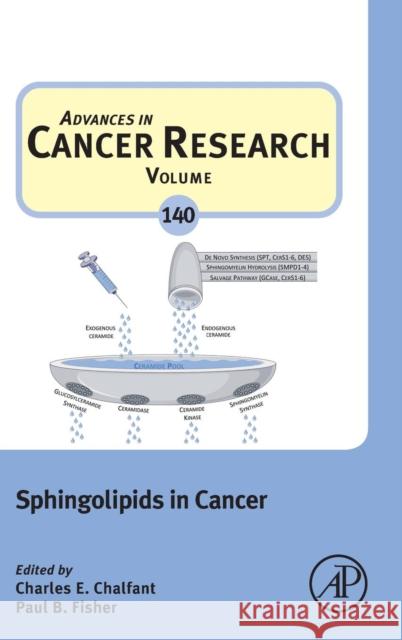Sphingolipids in Cancer: Volume 140 » książka
topmenu
Sphingolipids in Cancer: Volume 140
ISBN-13: 9780128142233 / Angielski / Twarda / 2018 / 410 str.
Kategorie:
Kategorie BISAC:
Wydawca:
Academic Press
Seria wydawnicza:
Język:
Angielski
ISBN-13:
9780128142233
Rok wydania:
2018
Numer serii:
000042559
Ilość stron:
410
Waga:
0.71 kg
Wymiary:
22.91 x 15.19 x 2.39
Oprawa:
Twarda
Wolumenów:
01











